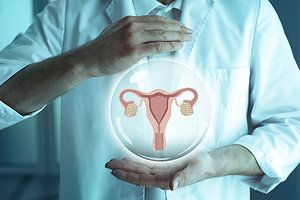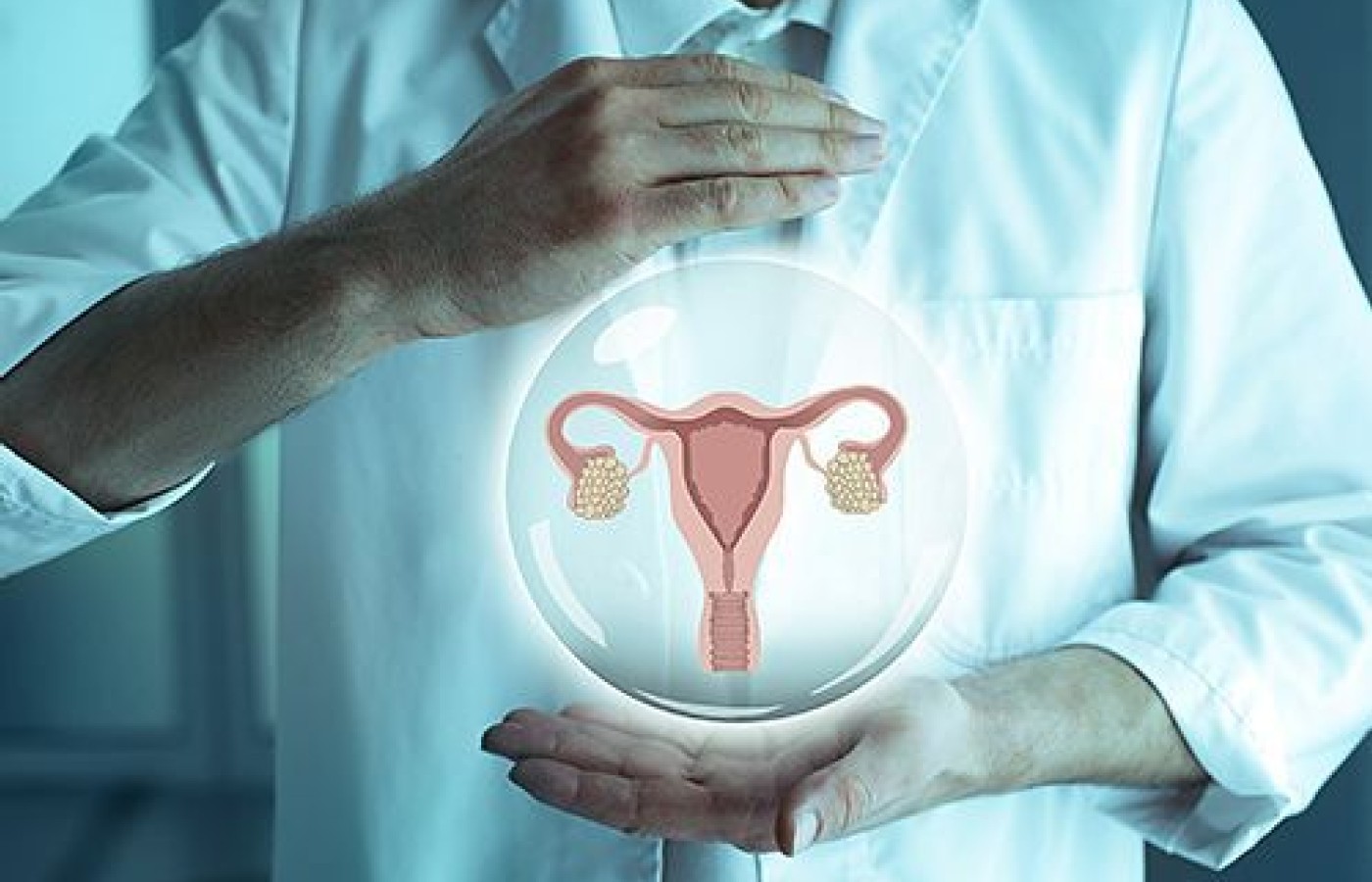The most important relationship I seek to nurture in the treatment room is the one a patient has with their own body. We live in a culture that teaches us to override pain, defer to outside authority, and push through discomfort. Patients often arrive hoping I can “fix” them, but the truth is, we can’t do the work for them. We can offer guidance, insight and support, but healing requires their full participation.
Infertility Is Not a Disease
Editor's Note: This is the first in a two-article series from Dr. Pourhassani on infertility and acupuncture practice.Article #2 will appear in the December digital issue.
Is infertility a disease? Or is it a symptom, or condition of an underlying health condition, disease process, and/or iatrogenic in origin? Are we miseducating the public by referring to infertility as a disease in order to obtain insurance funding for expensive treatments?
In order to obtain payment from health insurance companies, infertility must be categorised as a disease associated with billable ICD codes. The World Health Organization defines infertility based on the ICD (International Classification of Diseases) as "a disease of the male or female reproductive system defined by the failure to achieve a pregnancy after 12 months or more of regular unprotected sexual intercourse."1 That is a very broad definition.

Dickey, et al., in an article titled, "Infertility Is a Symptom, Not a Disease,2 stated: "The facts are that infertility and its frequent companion, anovulation, are not diseases; they are symptoms of underlying, sometimes serious disease in one or both marital partners. "We are warned in this article of the potential of overlooking underlying health conditions for the immediate desire to obtain a pregnancy.
Surgeries and medication may also cause infertility. Potential iatrogenic causes of infertility include:
- Infertility may be due to a previous vasectomy; a vasectomy reversal, or sperm aspiration may fail to lead to a biological offspring, for the male partner.3
- The risk of infertility is estimated to range between 4-19 percent with caesarean sections.4-6
- Medical therapies causing iatrogenic male infertility include opioids, androgen deprivation therapy, chemotherapy/radiation, alpha reductase inhibitors, selective serotonin receptor inhibitors, and exogenous testosterone.7
For insurance billing, in cases of post-vasectomy fertility,8 instead of using the sterilization code for the wife's visit, the American Society of Reproductive Society recommends using: N97.8 Female infertility, other specified origin (includes male factor); and Z31.81 Encounter for male factor infertility in female patients.
Most insurance companies do not include acupuncture coverage for infertility. We do not have insurance coverage for acupuncture as an adjunct to IVF, either. Adjunct acupuncture for IVF cycles is provided in order to retrieve more eggs, increase the thickness of the endometrial lining, increase live birth rates, and reduce miscarriages.
I am left with a few questions: When acupuncturists treat infertile men and women, are we not addressing underlying cause/s of infertility? Once a pregnancy is achieved in an infertile woman, is our work done? And what are repercussions of believing one has a disease, when it is really a symptom of an underlying condition which requires attention?
References
- International Classification of Diseases, 11th Revision (ICD-11). Geneva: World Health Organization, 2018.
- Dickey RP, Taylor SN, Rye PH, et al. Infertility is a symptom, not a disease. Fertil Steril, 2000;74(2):398.
- Fertility Options After Vasectomy. American Society for Reproductive Medicine.
- Gurol-Urganci I, Bou-Antoun S, Lim CP, et al. Impact of Caesarean section on subsequent fertility: a systematic review and meta-analysis. Hum Reprod, 2013;28(7):1943-1952.
- Gurol-Urganci I, Cromwell DA, Mahmood TA, et al. A population-based cohort study of the effect of Caesarean section on subsequent fertility. Hum Reprod, 2014;29(6):1320-1326.
- Abalos E, Addo V, et al. Caesarean section surgical techniques (CORONIS): a fractional, factorial, unmasked, randomised controlled trial. Lancet, 2013;382(9888):234-248. (Published correction appears in Lancet, 2013 Jul 20;382(9888):208).
- Velez D, Ohlander S. Medical therapies causing iatrogenic male infertility. Fertil Steril, 2021;116(3):618-624.
- Post Vasectomy Infertility. American Society of Reproductive Medicine.



